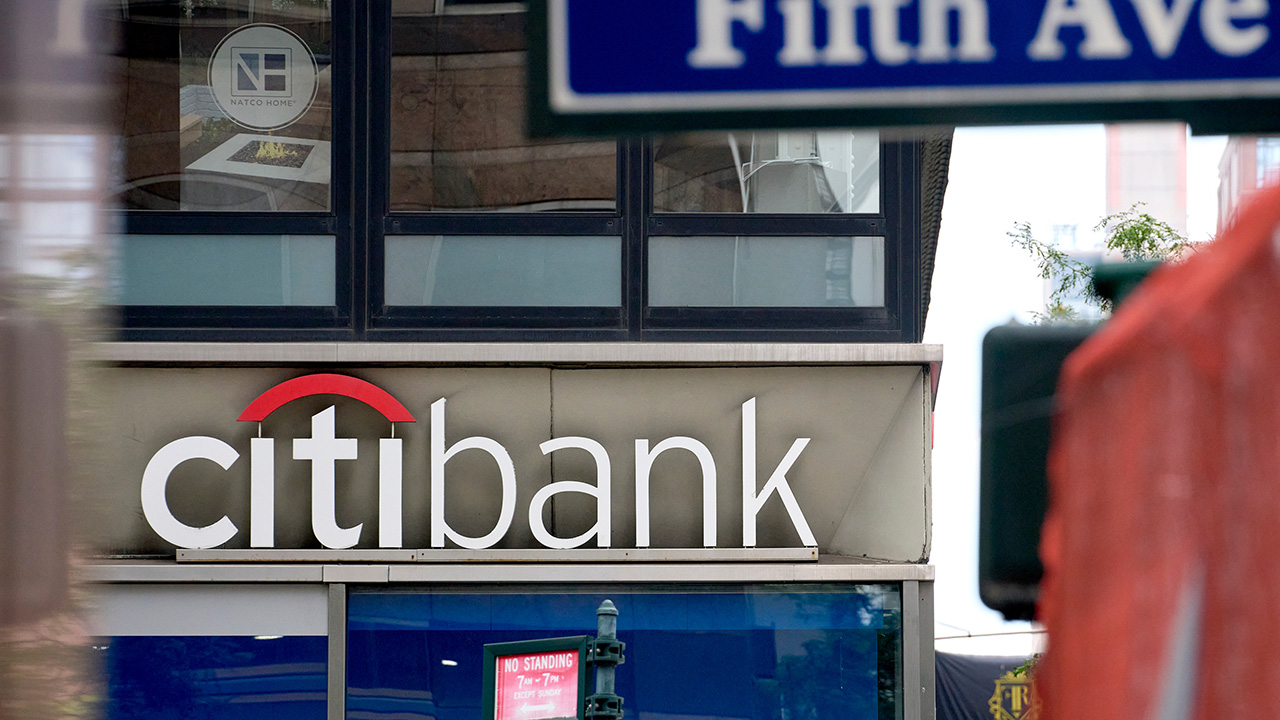Summary
Major banks including Citi, JPMorgan Chase and UBS expand premium services and credit cards to attract wealthy clients with specialized offerings.
Source: Fox Business

AI News Q&A (Free Content)
Q1: What are the key characteristics that make the Centurion® Card from American Express one of the most elite credit cards?
A1: The Centurion® Card, also known as the 'black card', is considered one of the world's most elite credit cards due to its invitation-only status and the exclusive perks it offers. To qualify, one reportedly needs to earn at least $1 million per year and spend $350,000 annually on Amex cards. The card features a $10,000 initiation fee and a $5,000 annual fee. Benefits include airport lounge access, hotel elite status, and a personal concierge service, making it a status symbol among the wealthy.
Q2: How do premium credit cards cater to wealthy customers, and what are the typical benefits offered?
A2: Premium credit cards are designed for high-income individuals and offer exclusive benefits such as travel and dining credits, extensive airport lounge access, and elite status in hotel and airline loyalty programs. They also provide lucrative rewards and generous sign-up bonuses. For instance, the Platinum Card® from American Express offers hundreds of dollars in travel and shopping credits, which can offset its high annual fee, making it appealing to travelers who prioritize style and comfort.
Q3: What recent scholarly research has been conducted on credit card fraud detection, and what methodologies are proving effective?
A3: Recent research has focused on enhancing credit card fraud detection using advanced methodologies such as integrating Neural Networks (NN) with Synthetic Minority Over-sampling Technique (SMOTE). This approach addresses the imbalance in transaction data and improves detection precision, recall, and F1-score, offering a robust solution to accurately identify fraudulent activities in financial transactions.
Q4: What role does Open Banking play in the financial services industry, and how does it affect credit card usage?
A4: Open Banking reshapes financial data management, influencing institutions' market dynamics by encouraging data sharing to improve products and services. A study involving a large Brazilian financial institution highlighted that mobile engagement and credit card usage are key factors in customer data-sharing behaviors. These insights help institutions enhance competitiveness and innovation, potentially impacting how credit cards are marketed and utilized.
Q5: How has the IRS guidance on premium tax credits affected consumers, according to recent research?
A5: Research on IRS guidance for calculating premium tax credits, as part of the Affordable Care Act, indicates that the iterative fixed point procedure used can lead to incorrect calculations, adversely affecting eligible beneficiaries. A proposed bisection procedure has been shown to calculate appropriate credits, highlighting the need for accurate tax guidance to ensure eligible consumers receive the benefits they are entitled to.
Q6: What are the economic implications of offering premium services and credit cards to wealthy clients?
A6: Expanding premium services and credit cards to wealthy clients can significantly impact financial institutions' economics by attracting high-spending customers who contribute to higher transaction volumes and fee income. These offerings often come with substantial annual fees and generate loyalty through exclusive benefits, ensuring a steady revenue stream from affluent consumers who value status and convenience.
Q7: In what ways have modern innovations in financial services influenced consumer payment behaviors?
A7: Innovations in financial services, such as the introduction of luxury credit cards and enhanced digital payment systems, have influenced consumer payment behaviors by providing convenience and security. These innovations encourage higher spending by offering rewards and perks, while sophisticated fraud detection methods ensure transaction safety. Such advancements not only enhance consumer experience but also drive financial institutions to continuously evolve their offerings to meet consumer demands.
References:
- Weighing Anchor on Credit Card Debt
- Predicting and Explaining Customer Data Sharing in the Open Banking
- Enhancing Credit Card Fraud Detection A Neural Network and SMOTE Integrated Approach






